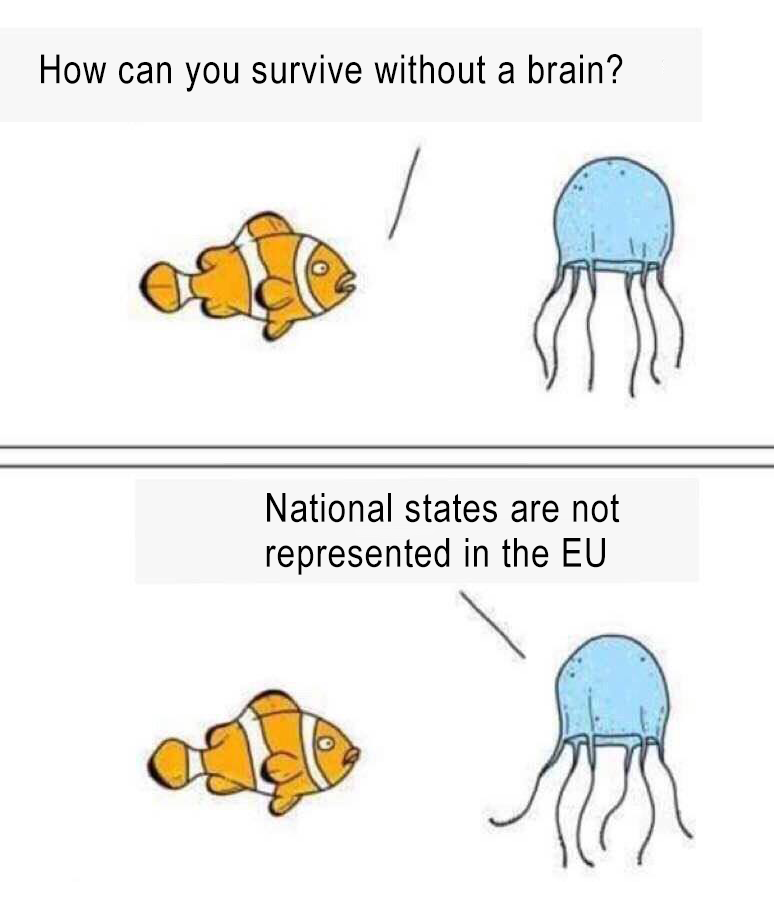
A qualified majority (abbr. QM) is the number of votes required in the CouncilThe Council of the European Union and The European Council have two things in common: the name and the fact that they represent the position of their member state's executive. To avoid confusion, we thought of grouping the two definitions in the same page: understanding by the context to which... for a decision to be adopted (don’t forget that this is only one step of the EU legislative process). You might have heard that the EU is not democratic and that member statesMember State (abbr. MS) is how eurocrats call a country which is part of the European Union. Clear writing guidelines recommend using EU country or EU countries instead, but some habits are hard to die.... have no powers, so check this out:
The first condition for a proposal to be adopted by the CouncilThe Council of the European Union and The European Council have two things in common: the name and the fact that they represent the position of their member state's executive. To avoid confusion, we thought of grouping the two definitions in the same page: understanding by the context to which... is that the countries in favor represent at least 65 % of the total EU population. The second condition depends on who made the proposal:
If the proposal is not made by the Commission or the High Representative, a QM is reached if 72 % of EU country vote in favour (=19 countries out of 27).
If the proposal is made by the Commission or the High Representative, things are a bit more relaxed (they assume there have been already enough negotiations). In that case a QM is reached if 55 % of EU countries vote in favour (=15 countries out of 27).
In both cases, decisions represent way more than half of the Union’s population. The EU is hyper-democratic, maybe too much, and it even respects the will of smaller countries: just think that these countries alone could theoretically approve decisions from the Commission (in brackets the million of inhabitants):
Malta (0.4), LuxembourgLuxembourg (abbr. LUX) is one of the funding members of the European Union, with a curious inverse relationship between its size and the cost of housing. Its considerable community of eurocrats is haunted by the constant feeling of being ignored by their colleagues in Brussels. Or the rest of the... (0.6), Estonia (1.3), Latvia (1.9), Lithuania (2.0), Slovenia (2.0), Croatia (4.1), Ireland (5.0), Slovakia (5.5), Finland (5.5), Denmark (5.8), Bulgaria (7.0), Austria (9.0), Hungary (9.7), Sweden (10.0)
With the help of Portugal (10.2), Greece (10.4), Czech Republic (10.7) and Belgium (11.6) they could approve even decisions not coming from the Commission.
